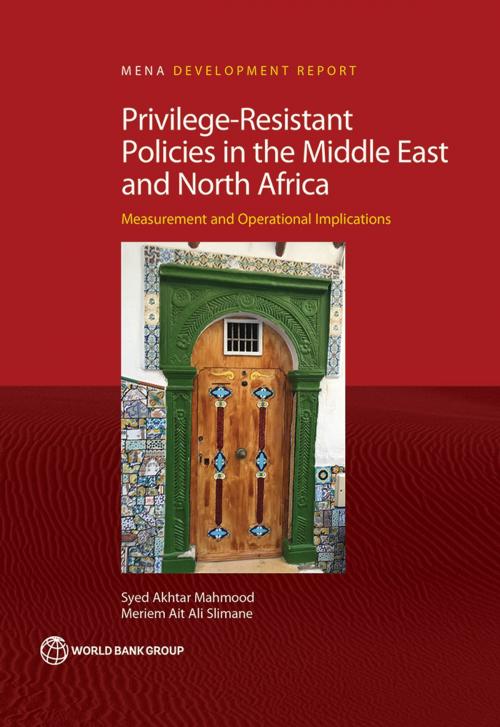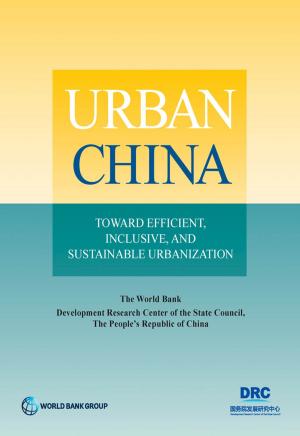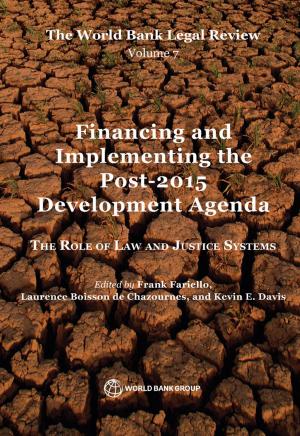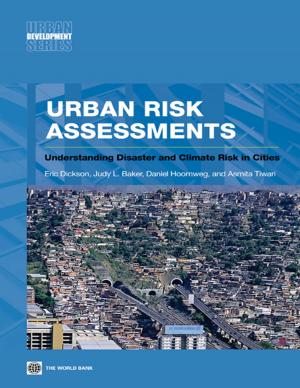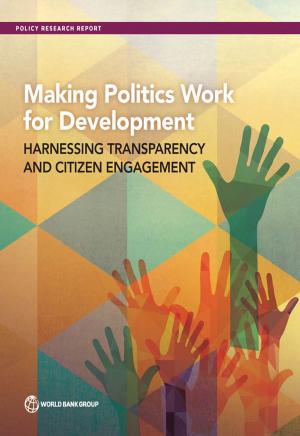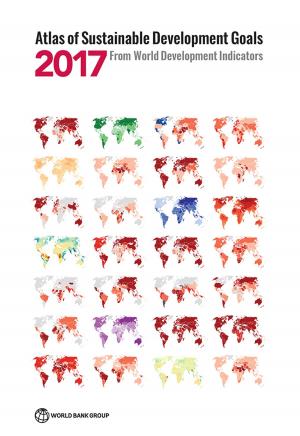Privilege-Resistant Policies in the Middle East and North Africa
Measurement and Operational Implications
Nonfiction, Reference & Language, Law, Urban State & Local Government, Ethics| Author: | Syed Akhtar Mahmood, Meriem Ait Ali Slimane | ISBN: | 9781464812088 |
| Publisher: | World Bank Publications | Publication: | February 6, 2018 |
| Imprint: | World Bank Publications | Language: | English |
| Author: | Syed Akhtar Mahmood, Meriem Ait Ali Slimane |
| ISBN: | 9781464812088 |
| Publisher: | World Bank Publications |
| Publication: | February 6, 2018 |
| Imprint: | World Bank Publications |
| Language: | English |
Renewing the social contract, one of the pillars of the new World Bank Group strategy for the Middle East and North Africa, requires a new development model built on greater trust; openness, transparency, inclusive and accountable service delivery; and a stronger private sector that can create jobs and opportunities for the youth of the region. Recent analytic work trying to explain weak job creation and insufficient private sector dynamism in the region point to formal and informal barriers to entry and competition. These barriers privilege a few (often unproductive) incumbents who enjoy a competition-edge due to their connections or ability to influence policy making and delivery. Policy recommendations to date in the field of governance for private sector policymaking have been too general and too removed from concrete, actionable policy outcomes. This report proposes -for the first time- to fill this policy and operational gap by answering the following question: What good governance features should be instilled in the design of economic policies and institutions to help shield them from capture, discretion and arbitrary implementation? The report proposes an innovative conceptual and measurement framework that encapsulates the governance features that could shield policies from capture, discretion and arbitrary enforcement that limits competition. The report offers a menu of operational and technical entry-points to enhance privilege-resistant policy making in a concrete way, that is politically tractable in different country contexts.
Renewing the social contract, one of the pillars of the new World Bank Group strategy for the Middle East and North Africa, requires a new development model built on greater trust; openness, transparency, inclusive and accountable service delivery; and a stronger private sector that can create jobs and opportunities for the youth of the region. Recent analytic work trying to explain weak job creation and insufficient private sector dynamism in the region point to formal and informal barriers to entry and competition. These barriers privilege a few (often unproductive) incumbents who enjoy a competition-edge due to their connections or ability to influence policy making and delivery. Policy recommendations to date in the field of governance for private sector policymaking have been too general and too removed from concrete, actionable policy outcomes. This report proposes -for the first time- to fill this policy and operational gap by answering the following question: What good governance features should be instilled in the design of economic policies and institutions to help shield them from capture, discretion and arbitrary implementation? The report proposes an innovative conceptual and measurement framework that encapsulates the governance features that could shield policies from capture, discretion and arbitrary enforcement that limits competition. The report offers a menu of operational and technical entry-points to enhance privilege-resistant policy making in a concrete way, that is politically tractable in different country contexts.
